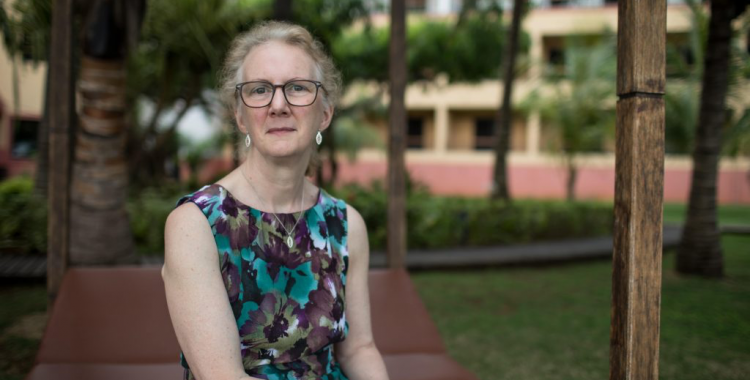In an interview with Lusa, before the United Kingdom-Africa Investment Summit, which took place this Monday in London, the diplomat suggests that the event will be “a good time for Angola to present these opportunities in London”.
And he argues that it is necessary to “sensitize” investors so that they change their image of the country that continues to be seen as “closed” and with problems associated with war and post-war like landmines.
“British investors are not aware of opportunities in Africa. Today's Angola is not that of two or three years ago and it is necessary to educate the business world about these changes that are happening here and in several other African countries”, said Jessica Hand.
The summit therefore intends to “create a new environment based on trade and investments to establish partnerships and strengthen relations” between the United Kingdom and African countries, including Angola, which “is in a period of change and ambitious reforms ”That provide a scenario“ much more open, diverse and welcoming to foreigners
"There are problems, but progress is significant", praised the ambassador, adding that this "improvement process cannot be done today or tomorrow".
Entrepreneurs "do not want a perfect, but predictable world" to make their investment decisions, stressed Jessica Hand, adding that the Angolan state's debt with British companies has been regularized "on the basis of dialogue".
Until now, British relations with Angola have been dominated by oil, with BP being one of the main 'players', but the objective, following the strategy of diversifying the Angolan executive’s economy, is to “explore other opportunities” in the areas of agriculture, tourism, energy, especially renewables and financial services, exemplified.
Three recent projects, supported by the British foreign investment agency and signed in 2018, highlight the focus on different areas, including the rehabilitation of electricity distribution posts and the construction of two hospitals, in Cabinda and Luanda.
The strategy of approaching Africa is also related to Brexit, he admits. “The UK certainly wants to be more independent in the world to make its decisions and choose its own partners. This does not mean that it will move away completely from Europe or the European Union, but it is a change that, he hopes, will also bring new business partners".
Asked about the media seizure of assets to the daughter of the ex-president, Isabel dos Santos, decided last month by the Provincial Court of Luanda, she considered that the problems of corruption and money laundering are “a challenge” for many countries in the world, and not just Angola.
As for the difficulties that Angola will continue to face this year, he said that João Lourenço "must provide information so that people can understand the process" and explain its objectives.
"At the moment, for Angolans, the challenges of the economy are enormous and a sustainable balance must be found", he underlined, showing, however, confident: "Angolan authorities are focused on solutions to these problems and experts from institutions international organizations, such as the IMF, are happy and that makes us convinced that it is being done in the right way”.
President João Lourenço, who was invited to the summit, ended up canceling this emanating participation in the event, to which 21 African countries were invited, including the Portuguese-speaking countries Angola and Mozambique, invoking “calendar issues”.







